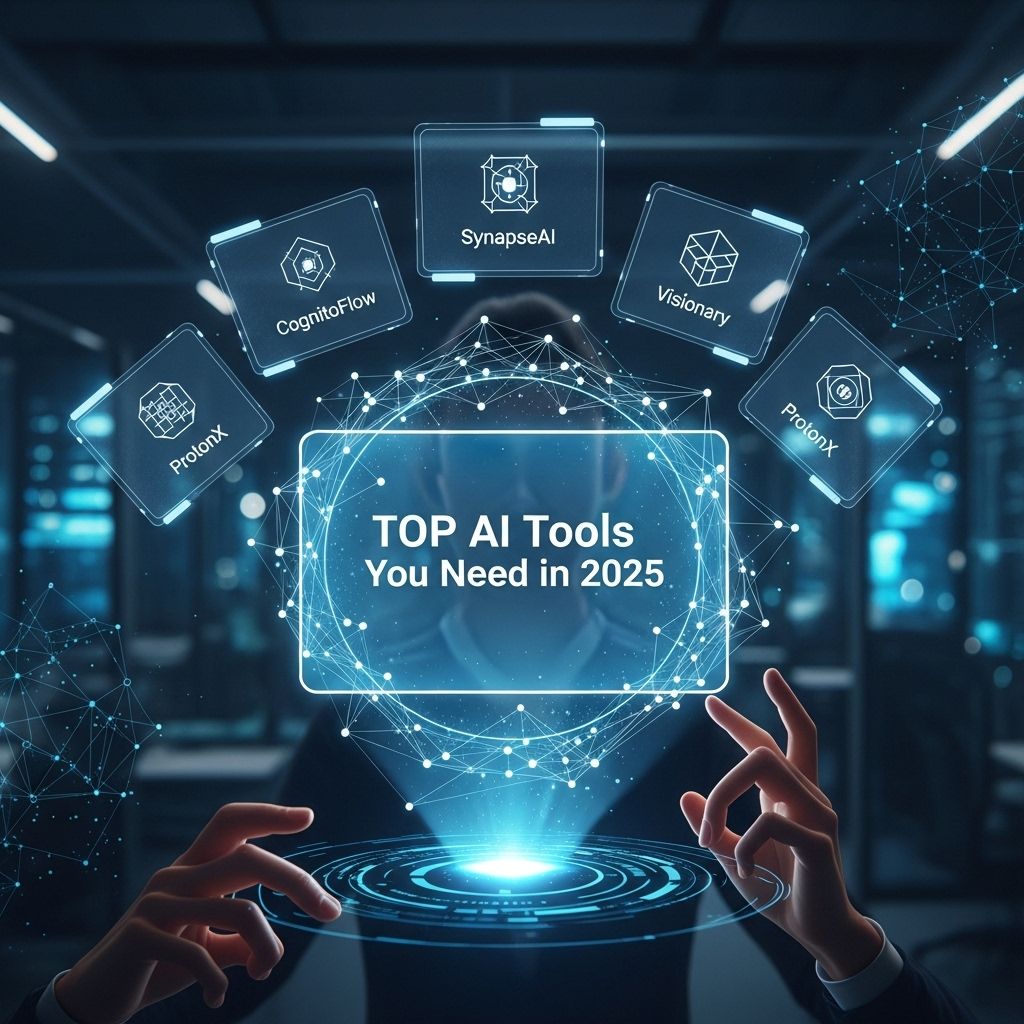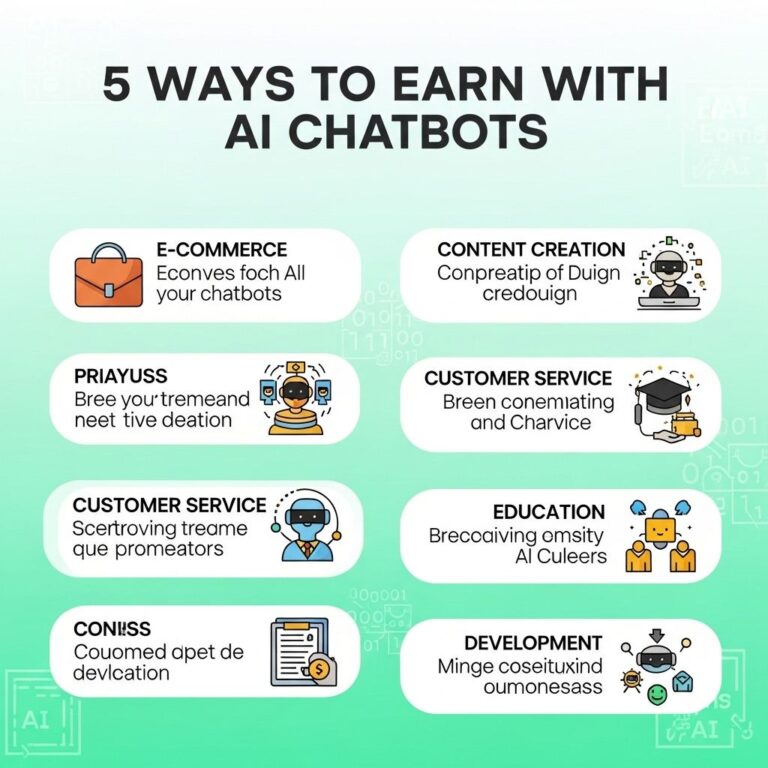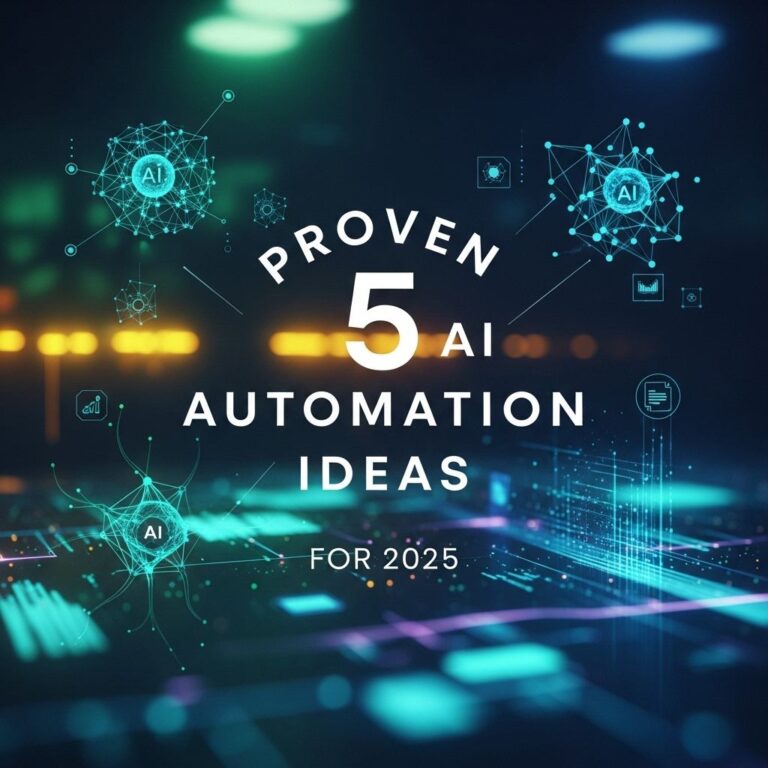As we approach 2025, the rapid advancements in artificial intelligence are set to revolutionize various industries, enabling unprecedented levels of efficiency and innovation. From automating mundane tasks to enhancing decision-making processes, AI tools are becoming indispensable for businesses looking to stay ahead of the curve. In this article, we will explore some of the most promising AI tools that are expected to dominate the landscape in 2025, their applications, and how they can empower organizations to achieve their goals.
Table of Contents
Understanding the AI Landscape
The AI landscape is constantly evolving with new technologies, frameworks, and methodologies. Here are some key facets of AI that are shaping its future:
- Machine Learning: A subfield of AI that focuses on the development of algorithms that enable computers to learn from and make predictions based on data.
- Natural Language Processing (NLP): This enables machines to understand and interpret human language, allowing for more intuitive interactions between humans and computers.
- Computer Vision: AI systems that can interpret and understand visual information from the world, enhancing applications in security, automotive, and healthcare sectors.
- Robotic Process Automation (RPA): This automates repetitive tasks, allowing humans to focus on more strategic activities.
Top AI Tools to Watch in 2025
1. OpenAI GPT-5
As a continuation of its predecessors, OpenAI GPT-5 is anticipated to refine natural language understanding and generation capabilities. It will likely offer improved context recognition and a deeper understanding of nuanced conversations, making it a powerful tool for:
- Content creation
- Customer support automation
- Language translation
2. Google AI’s Brain
Google’s AI research team is constantly pushing the boundaries of what is possible with AI. Google AI’s Brain is expected to develop more advanced models that can:
- Enhance real-time translation services
- Improve image recognition capabilities
- Optimize supply chains through predictive analytics
3. IBM Watson
IBM Watson has been a frontrunner in AI for years and is expected to continue its legacy by offering robust tools for:
- Healthcare diagnostics
- Financial analysis
- Fraud detection
With improved data processing capabilities, Watson will help organizations make sense of vast amounts of unstructured data.
4. Salesforce Einstein
Salesforce Einstein integrates AI into customer relationship management (CRM) solutions, providing actionable insights that enhance customer experiences. Features are expected to include:
| Feature | Benefit |
|---|---|
| Predictive Lead Scoring | Identifies potential high-value customers |
| Automated Responses | Improves response times and customer satisfaction |
| Insights Generation | Enables data-driven decision-making |
5. Microsoft Azure AI
Microsoft Azure AI is anticipated to expand its offerings, making it easier for developers to integrate AI capabilities into their applications. Key features may include:
- Prebuilt APIs for various AI functions
- Enhanced analytics tools
- Collaboration with IoT devices
Leveraging AI for Competitive Advantage
How AI Tools Can Transform Your Business
Implementing AI tools effectively can lead to significant competitive advantages. Here are some strategies for leveraging AI:
- Automate Routine Tasks: Identify repetitive tasks within your organization that can be automated to free up human resources for more strategic initiatives.
- Enhance Data Analysis: Utilize AI-driven analytics to gain insights from large data sets, helping to inform better decision-making.
- Improve Customer Engagement: Implement AI chatbots and personalized marketing strategies to enhance customer experiences and foster loyalty.
Case Studies of Successful AI Implementation
Several organizations have successfully integrated AI tools into their operations, demonstrating the potential of these technologies:
- Netflix: Utilizes AI algorithms to analyze viewing habits and recommend content, boosting user engagement and satisfaction.
- Amazon: Employs AI at various levels, from inventory management to personalized shopping experiences, significantly enhancing operational efficiency.
- Spotify: Implements AI-driven recommendations to curate playlists that resonate with users, keeping them engaged on the platform.
Challenges in Adopting AI Tools
Overcoming Barriers to AI Implementation
Despite the potential benefits, organizations may face challenges in adopting AI tools:
- Data Privacy Concerns: Ensuring compliance with data protection regulations is critical when leveraging AI.
- Talent Shortage: The demand for skilled AI professionals often outstrips supply. Investing in training and development is essential.
- Integration Issues: Seamlessly integrating AI solutions with existing systems can be complex and requires careful planning.
Conclusion
As we step into 2025, the integration and advancement of AI tools are poised to redefine business landscapes. By understanding and implementing the right AI technologies, organizations can not only enhance their operational efficiencies but also foster innovation in ways previously thought impossible. Staying informed about emerging trends and continuously adapting to the evolving AI landscape will be crucial for maintaining a competitive edge.
FAQ
What are the top AI tools to use in 2025?
In 2025, some of the top AI tools are expected to include advanced machine learning platforms, natural language processing tools, and AI-driven analytics software that enhance productivity and decision-making.
How will AI tools impact businesses in 2025?
AI tools in 2025 will significantly impact businesses by automating tasks, improving data analysis, and enabling personalized customer experiences, leading to increased efficiency and competitiveness.
What industries will benefit most from AI tools in 2025?
Industries such as healthcare, finance, marketing, and manufacturing are expected to benefit the most from AI tools in 2025 due to their potential to optimize operations and enhance service delivery.
Are there any risks associated with using AI tools in 2025?
Yes, risks such as data privacy concerns, potential job displacement, and reliance on AI for decision-making will need to be addressed as AI tools become more prevalent in 2025.
How can I choose the right AI tool for my needs in 2025?
To choose the right AI tool in 2025, assess your specific business needs, consider the scalability of the tool, evaluate user reviews, and ensure it integrates well with your existing systems.
What trends should I watch for in AI tools by 2025?
Key trends to watch for in AI tools by 2025 include increased automation, the rise of ethical AI practices, enhanced collaboration between humans and AI, and advancements in explainable AI.









